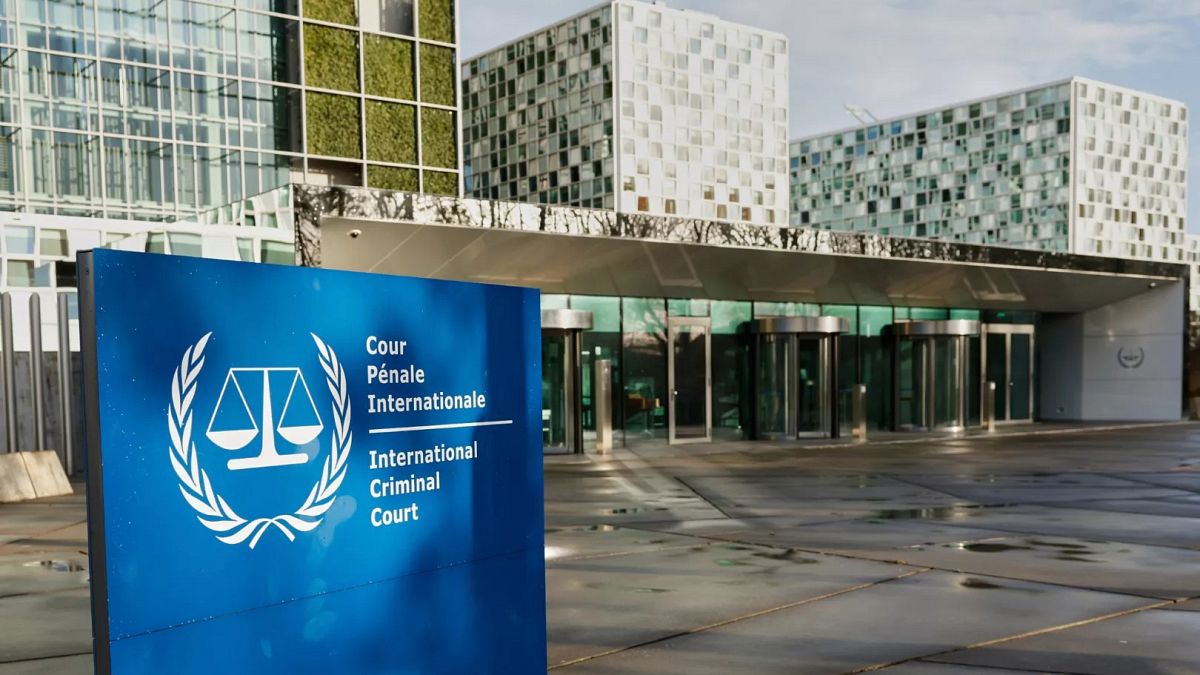

In a series of recent events across the globe, significant legal and social issues have captured public attention. These developments reflect ongoing shifts in societal attitudes and the relentless pursuit of justice and equality in various domains.
In a significant move, an individual accused of committing crimes against humanity in Libya has been apprehended in Germany. This arrest marks a crucial step in the ongoing efforts by international organizations to address violations from the time of Libya’s strife that saw the fall of Muammar Gaddafi, leading to prolonged unrest. The International Criminal Court, responding to a UN Security Council mandate, is diligently working to bring justice to those affected by past violence. Such global collaboration underscores an unwavering commitment to uphold human rights and accountability.
Meanwhile, in the Czech Republic, President Petr Pavel has enacted a pivotal law criminalizing communist propaganda. This legislative change followed recommendations from esteemed institutions like the Institute for the Study of Totalitarian Regimes. The move is seen as a corrective measure addressing past imbalances in the legal system, ensuring the historical narrative accurately reflects the impacts of previous regimes. This legal advancement signifies a country’s resolve to embrace a truthful historical account while fostering a future grounded in transparency.
In another landmark achievement, the Millewa-Mallee Indigenous peoples in north-west Victoria, Australia, have successfully obtained an exclusive native title recognition after a protracted legal battle spanning decades. The Federal Court’s decision grants these traditional owners the right to exclusively manage access to their lands, signifying a profound recognition of their enduring connection and sovereignty. This historic determination not only represents a triumph for the Millewa-Mallee communities but also reinforces broader principles of reconciliation and respect for Indigenous rights, setting a hopeful precedent for future claims.
On a different legal note, two women in the United Kingdom have lost their court challenge against the two-child benefit cap policy, often referred to as the ‘rape clause.’ These women, who conceived their children while enduring abusive and controlling relationships, sought to challenge the limitations placed on benefits for larger families. However, the court ruled that changes to such policies fall within the ambit of political decision-making rather than judicial intervention. This case highlights the complexities surrounding social welfare policies and the need for ongoing dialogue to address the needs of vulnerable populations.
In the United States, the ongoing public interest in the Jeffrey Epstein case remains a subject of considerable debate. Recent motions have called for the unsealing of grand jury transcripts, a legal step indicative of the continuing demand for transparency and accountability in this prolonged saga. Epstein’s associations with high-profile individuals, including former President Donald Trump, have fueled public scrutiny, emphasizing the importance of judicial disclosure in matters of extensive public concern.
These events, spanning different regions and issues, showcase the diverse challenges and strides being made in our interconnected world. From legal restructuring to grappling with social policies, these stories coalesce into a broader narrative of change, advocacy, and justice. As societies continue to evolve, the pursuit of equitable and truthful governance remains a guiding principle in addressing both past grievances and present-day complexities.
Source: {link}
